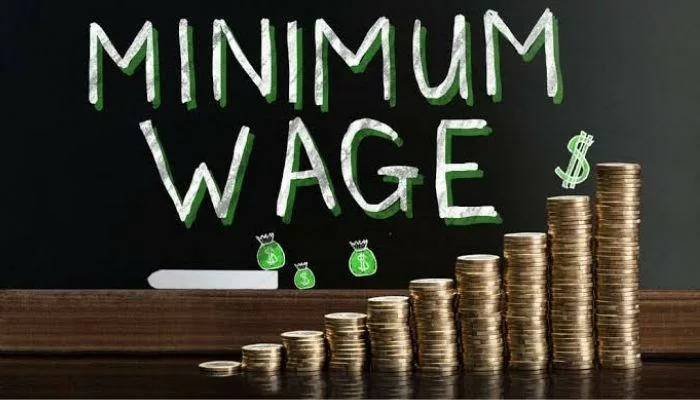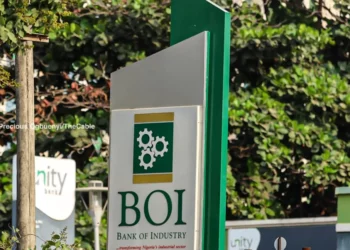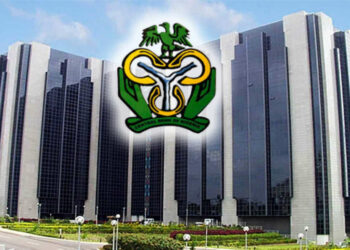In the midst of Nigeria’s staggering inflation rate at 28.92 per cent, President Bola Tinubu’s move to establish a committee for determining a new minimum wage for civil servants is met with apprehension from economists.
The growing concern is that implementing a substantial wage increase in the current economic climate could further escalate inflation, potentially exceeding 50 per cent.
As the committee sets out to deliberate on a wage that satisfies all stakeholders, the World Bank’s standard raises critical questions. With the international extreme poverty line set at $1.90 per day, the current monthly wage of N30,000, at an exchange rate of N1,520/$, falls significantly below this threshold.
Should the committee align with the World Bank’s standard, experts estimate that the next minimum wage would need to be at least N84,474, factoring in the prevailing exchange rate.
However, concerns arise about the sustainability of such an increase without corresponding productivity growth, raising fears of continuous printing or borrowing, potentially contributing to demand-pull inflation.
President Tinubu underscored the ambition to surpass the basic Social Protection Floor for Nigerian workers, taking into account the sustainable payment capacity of each tier of government for employers or businesses.
Economists caution that while a wage increase might temporarily improve workers’ purchasing power and living standards, it could intensify inflationary pressures. Small and medium-sized enterprises (SMEs), constituting over 96% of businesses in Nigeria, are particularly vulnerable, potentially facing layoffs or closures, thereby impacting overall economic productivity.
Dr. Jumoke Oduwole, Special Advisor to President Tinubu, emphasized the pivotal role of the 39.7 million MSMEs, constituting 96 per cent of businesses and 88 per cent of jobs in Nigeria.
Financial economist Dr. Nelson Nkwo suggests implementing complementary policies, such as tightening monetary policy and providing support to affected businesses, to mitigate potential negative effects.
Drawing parallels with the 1972 Udoji Commission, concerns are raised about the possibility of uncontrollable inflation exceeding 50 per cent if wage increases are not effectively managed.
Dr. Emeka Okengwu, CEO of Anthill Concepts Limited, advocates for a focus on a living wage, considering factors like energy cost, education, and healthcare.
He underscored the importance of productivity, cautioning that the impact extends to only a small percentage of Nigerians in paid employment and the civil service.
The Living Income for Rural Nigeria in 2023, as per the Anker Reference Value Update, is estimated at NGN 232,948 (USD 383), factoring in inflation since 2020.
Various experts, including Moses Igbrude and Professor Tayo Bello, assert that merely increasing the minimum wage may not be the ultimate solution. They stressed the need for the government to improve productivity, particularly in agriculture and manufacturing, to address underlying issues faced by laborers.
Igbrude and Bello highlighted the importance of measures to curb rising inflation and the devaluation of the naira. The fate of the new minimum wage remains uncertain amidst these economic intricacies.





